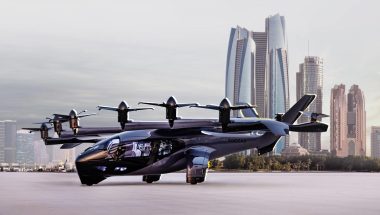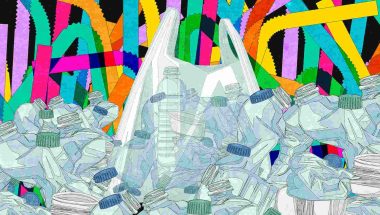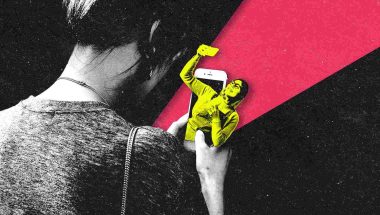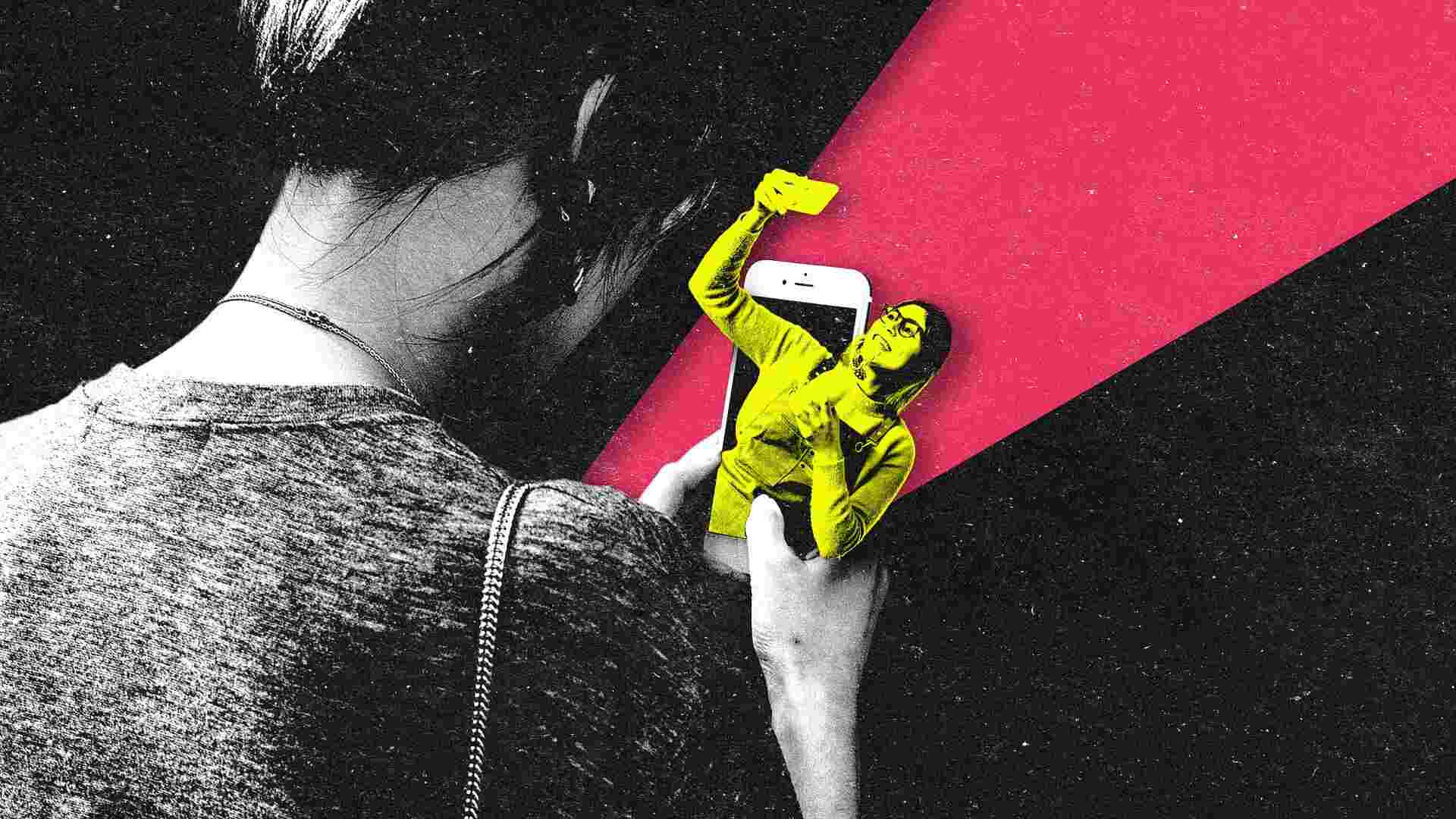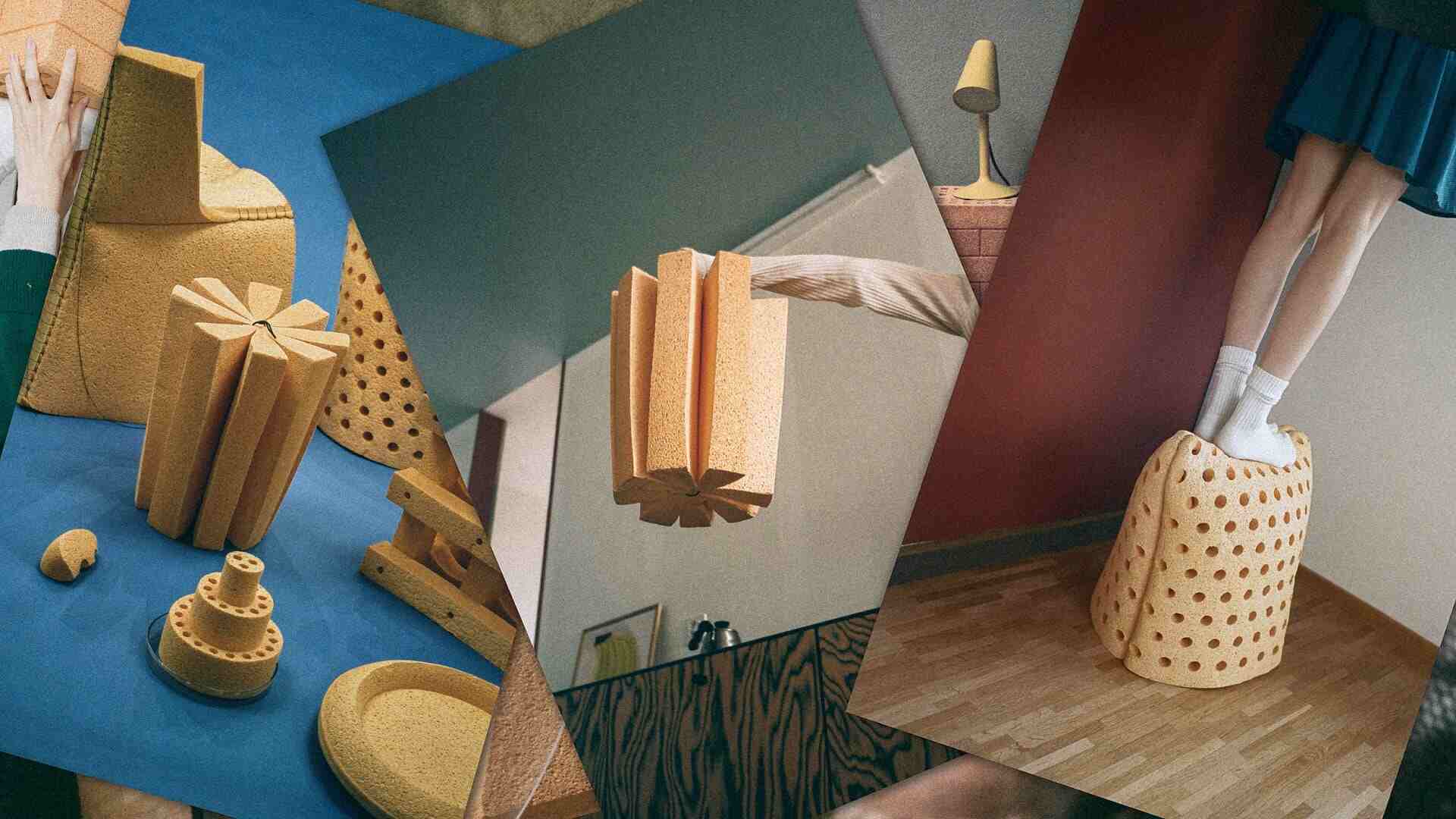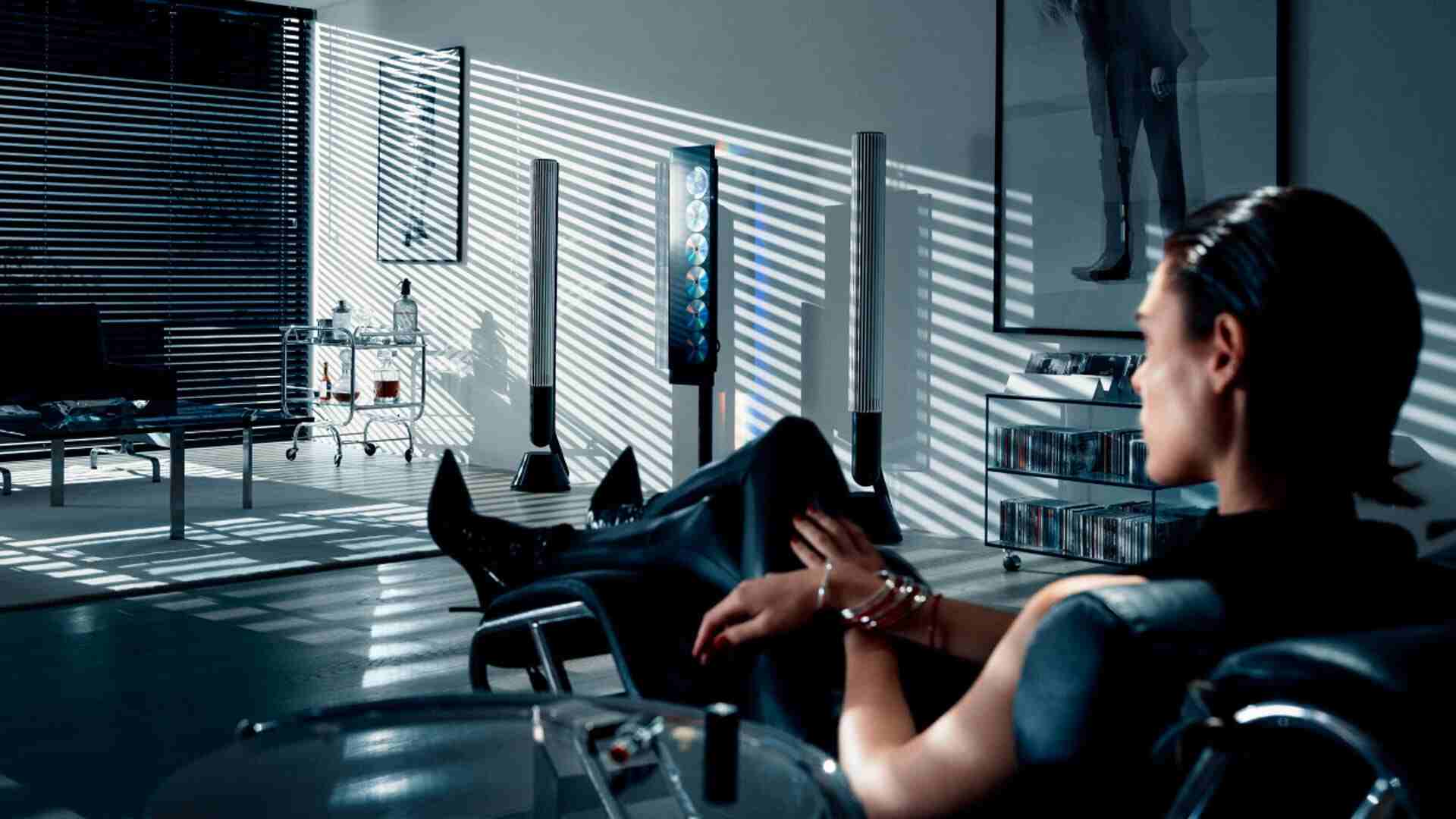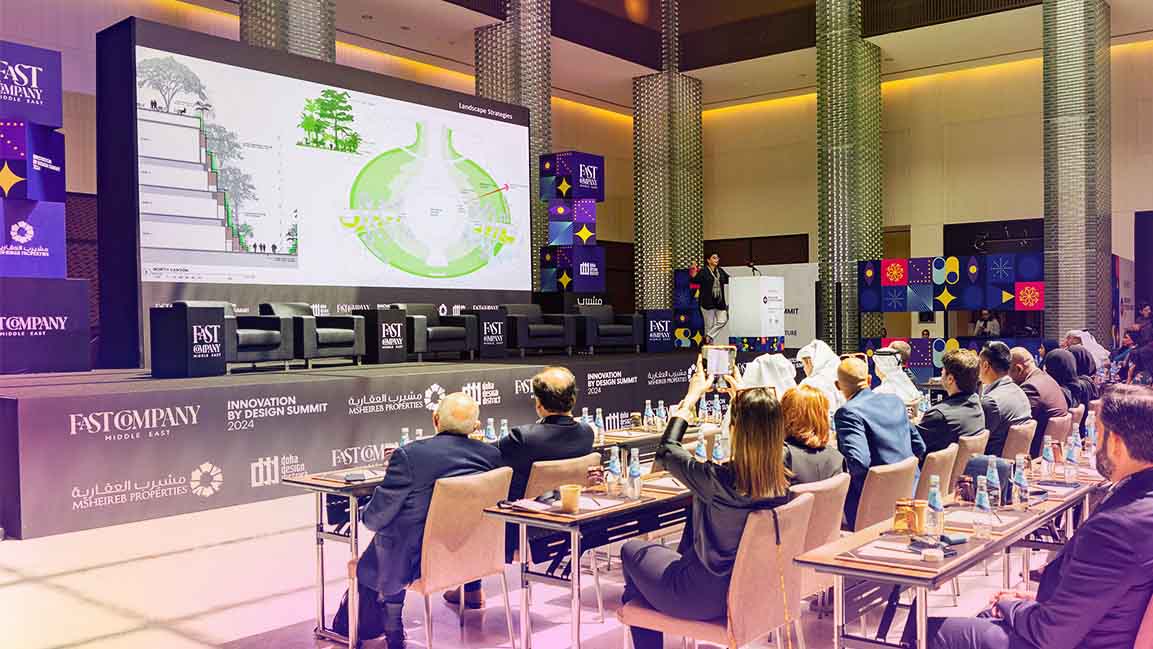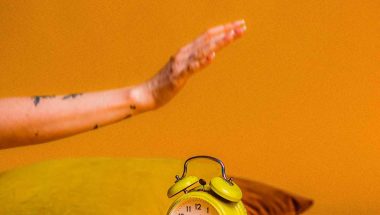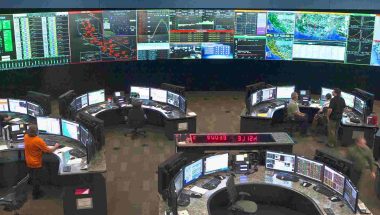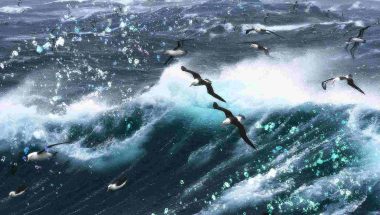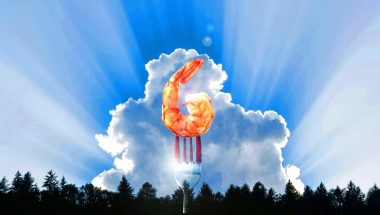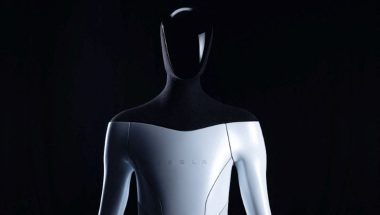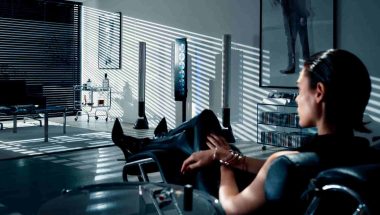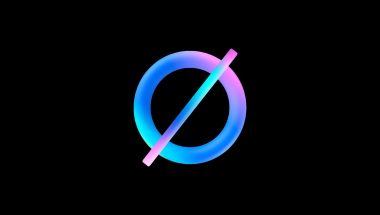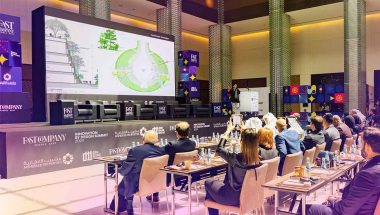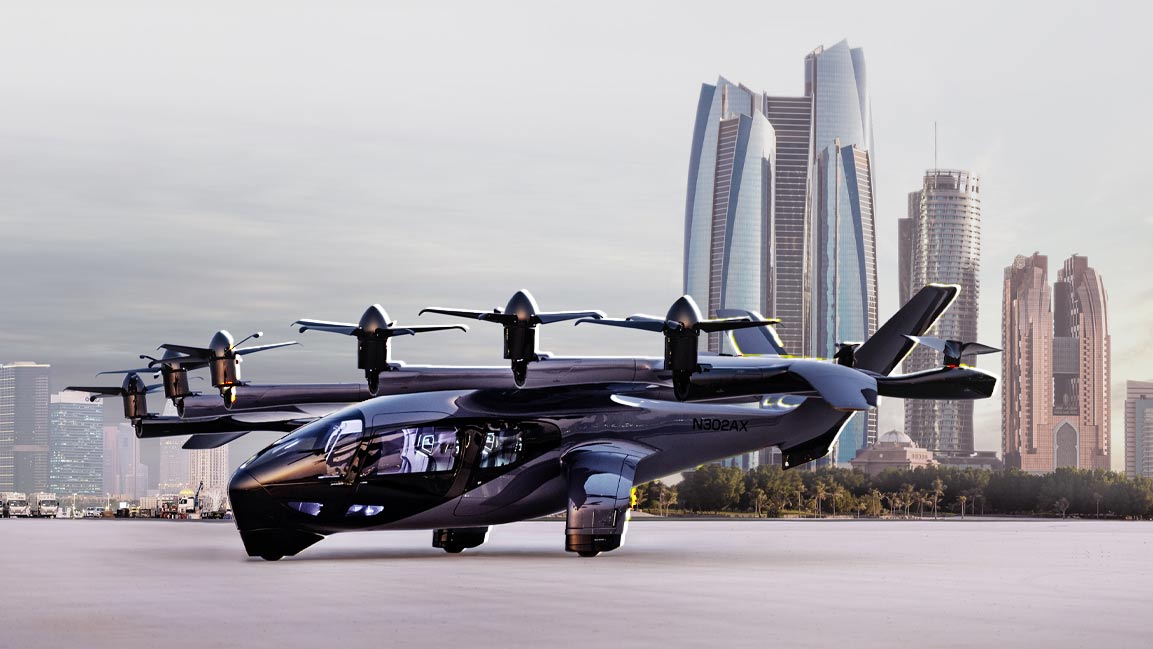- | 8:00 am
‘Make things that you’re excited about’: Emma Chamberlain on how to succeed as a creator today
The YouTuber, podcaster, coffee entrepreneur, and Doja Cat whisperer talks about making it in today’s creator economy.
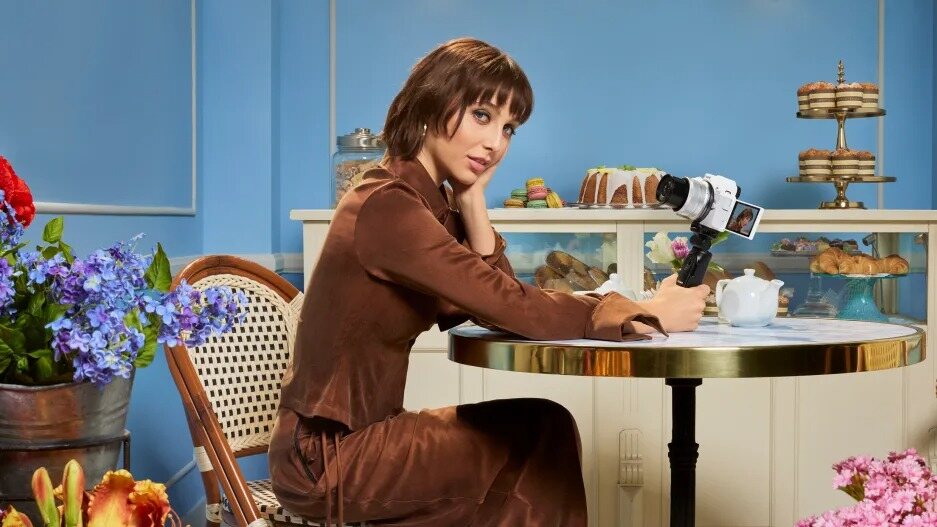
With smokey eye makeup and her hair slicked back in a black headband, Emma Chamberlain sidled up to Doja Cat at the Met Gala in May for the requisite red carpet interview. The result is nearly a minute of “meows.”
The singer, dressed as Karl Lagerfeld’s beloved cat Choupette, stayed in feline character—and Chamberlain didn’t miss a beat, throwing out earnest question after question. The resulting video lit up the internet, going viral on YouTube, TikTok, Instagram, and more. It’s now garnered more than a million views.
It was a classic moment for 22-year-old Chamberlain, who is known to her 12 million YouTube subscribers and 16 million Instagram followers for down-to-earth yet humorous videos. Since 2017, she’s taken them exploring with her in Europe, cooked for them, tried to run a marathon, and showcased her daily coffee routine. In early 2020, she launched a podcast, “Anything Goes with Emma Chamberlain,” where she disarmingly discusses Coachella fashion, mental health, and even whether or not we need religion and marriage.
She also has her own coffee company, Chamberlain Coffee, which sells coffee bags, single serves, and more direct to consumer and through retailers that include Amazon, Walmart, and Sprouts. The brand recently raised $7 million in funding in conjunction with its new launch of ready-to-drink products.
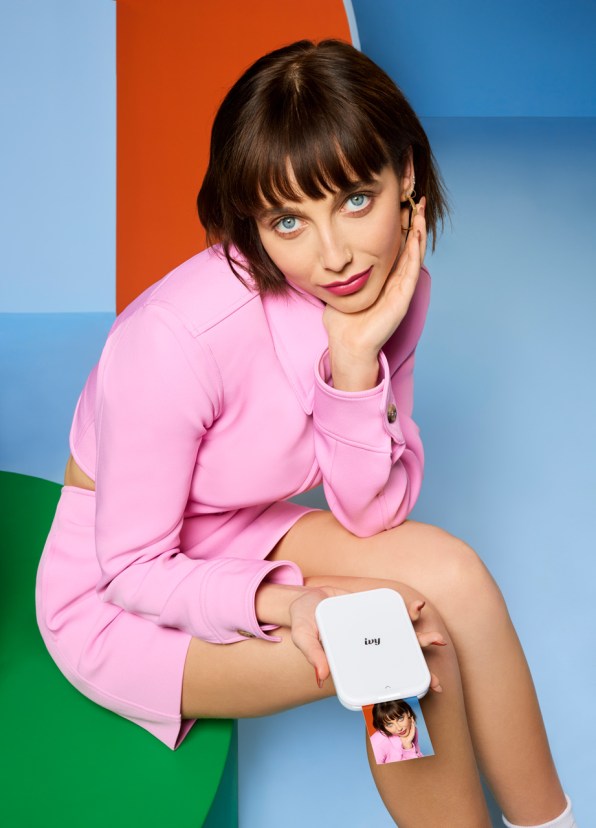
Chamberlain is known for her fashion partnerships with brands like Louis Vuitton, Levi’s, and Cartier. A few weeks ago, though, she announced a new partner: camera maker Canon. She’s creating a multimedia campaign to encourage the next generation of content creators to start their career with the camera she says she’s been using since the beginning. The Gen Zer credits some of the success of her early days on YouTube to her dad’s Canon camera capturing it all.
Chamberlain sat down with Fast Company to discuss how she approaches content creation at a time when the creator economy is booming and expanding into more content areas. The interview has been edited for length and clarity.
Fast Company: How do you approach each medium you create content for?
Emma Chamberlain: I think a lot of my output on the internet is very intuitive, just based on what is creatively inspiring to me at a given moment. But by being intuitive, I just sort of naturally created my own rough formula that can change at any time.
What excites me about, say, Instagram, is that it’s a platform that really works well with anything that’s a visual aesthetic. A picture speaks a thousand words, and I love clothes, and I love art. So for me, Instagram is about fashion. When it comes to YouTube, it’s whatever I want to make a little movie about, and that could be something mundane or something huge in my life, something that I just want to document in a way that’s interesting to people. And then with my podcast: That’s really turned into just the things I’m curious about, and knowing that other people are probably curious about those things, too.
I think the overarching strategy is, ‘What do I want to make?’ And I’m in a place where I don’t really care about the numbers going viral. I just want to enjoy what I’m doing and hopefully provide value to at least one person.
FC: What’s your approach to short-form content?
EC: It’s really hard to provide value in short-form content. I love a little funny viral clip, but you can’t tell a story. You can’t really connect with an audience. It’s challenging, and it’s something I’ve never really been super drawn to. I like long-form content and imagery. That’s what really has always been my favorite way to communicate.
I see short-form content as something that can be utilized to drive attention to things that have more value. For me, it’s incredible for taking a chunk out of something that’s larger, like a podcast episode, and making people intrigued. I also see value in [videos that are a] little bit less personal—like we have a lot of recipe videos on the Chamberlain Coffee page. Those things aren’t personal, but they’re kind of fun to watch. They’re super satisfying.
FC: Do you consider yourself an “influencer” or a “creator”? And what’s the difference to you?
EC: It is really fascinating. The word “influencer” had a very distinct definition maybe five or six years ago. It was very much somebody who has made a career out of being a public figure on the internet in a way that was non-traditional. And the way that they were monetizing their business was through product advertisements.
But what’s interesting is that if you look at influencing [today], it’s almost like traditional celebrities have become somewhat influencers on the side. You see actors doing paid partnerships with brands in a way that mirrors what influencers have been doing for years. It’s now just something that’s part of the entertainment industry as a whole. A lot of people in the public eye are doing the same kinds of things, but it’s all based on perception—and at times that determines who’s a creator.
But I would say what a creator really is is someone who is making their own content. When it really comes down to it, it’s somebody whose main income is coming from making indie content—making your own thing and doing it scrappy.
FC: Lately, you’ve really aligned your brand around coffee and podcasts. Why those two things?
EC: Both are very organic to my personality. Since day one, when I started creating my first pieces of content, “Emma talking a lot” and “Emma drinking coffee a lot” was a natural theme. At the time I was like, ‘Is this really the legacy I’m building in my life? Well, we’ll be alright.’ A coffee company was obvious for me because not only was I an avid coffee drinker, but I also always wanted to be a barista. It was a dream job.
With podcasting, I’m drawn to that because I have so much that I’m excited to talk about with people. I never run out of [topics to discuss]. Whereas when it comes to [thinking of] things in my life to film, which is what I built my career on, I don’t have anything else to film. I’ve sort of run out of certain things and am in search of the new things.
The key to turning something into a business is making it consistent, and I know I can be consistent with the podcast. I think that I can provide a lot of value through it as well through a longer medium.
FC: How do you see the next generation of content creators changing the scene? What advice do you have for younger creators building their brand?
EC: What’s really exciting is there are truly no rules when you’re your own director, producer, editor, or even photographer. There’s almost no such thing as a bad idea as long as everyone’s safe—that’s literally it. If it came from your heart, you’re excited about it, and you’re passionate about it, it’s a good idea—even if it fails. Truly everyone has a unique perspective to offer.
I think young people tend to think, ‘Oh, I need to do what’s doing well online right now,’ but that’s not true. That’s how you go viral really quickly. When you make things that you’re excited about, it might not be this explosive viral growth that we all dream of, but it’s how you build something that means something, that’s real and that has longevity. So valuing yourself as a human being who is creative just by being—don’t discount that and push that away to try to go viral.






